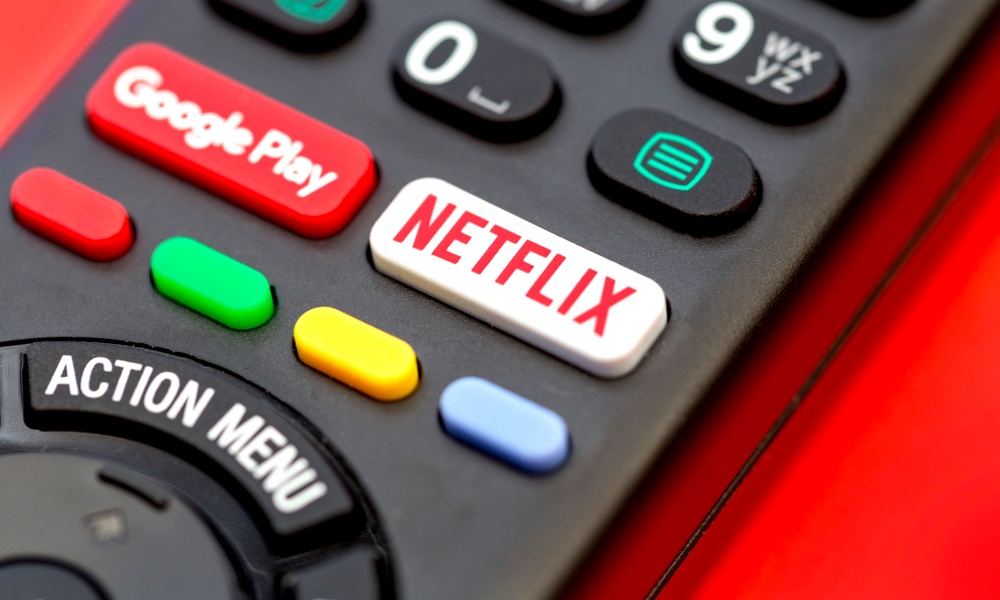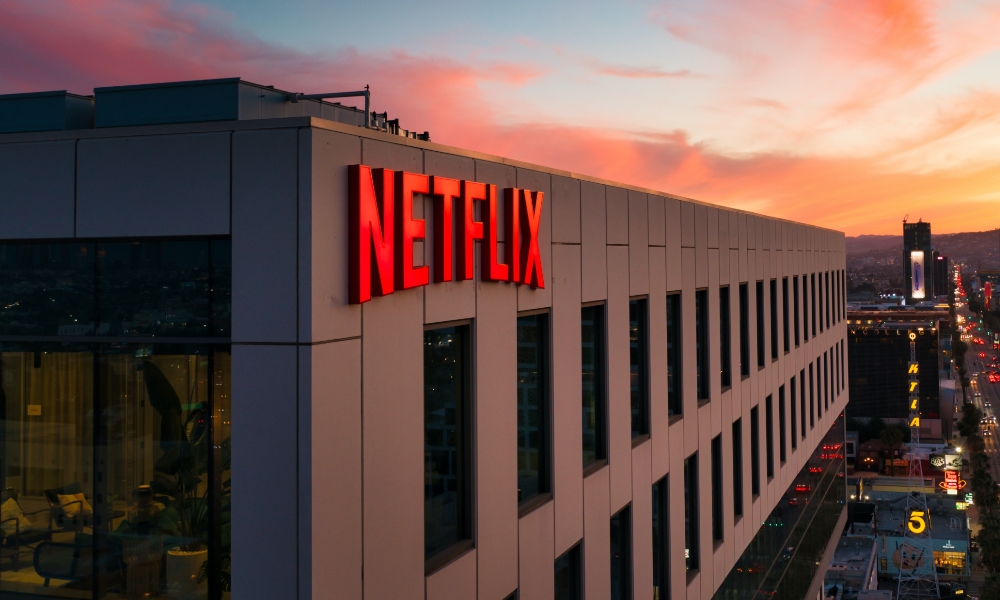Netflix Is About to Get More Expensive (Again)
 Credit: Tom Eversley / Shutterstock
Credit: Tom Eversley / ShutterstockToggle Dark Mode
For the second time in less than two years, Netflix is once again preparing to hike its prices, continuing its trend of being the most expensive streaming service on the market.
While it’s not unclear what the new prices will be or exactly when they’ll take effect, the Wall Street Journal has learned from its sources that Netflix is waiting for the Hollywood actors’ strike to come to a close, after which the prices of its plans will go up “in several marks globally,” likely starting in the US and Canada before expanding to other countries.
It appears that the price increases will be confined to Netflix’s ad-free plans, following similar moves by rivals such as Disney+, Discovery+, and Max (formerly HBO Max), all of which have raised prices for their various tiers over the past year. Even Apple snuck up the cost of Apple TV+ by $1 per month last fall.
As the Journal notes, the cost of most streaming services has increased by 25% on average over the last year, and Netflix stands alone by being the only major streaming platform to avoid a price increase in 2023. However, that may only be due to having already raised its prices in early 2022.
Still, Disney has a similar history of multiple price increases, having initially launched for $6.99/month in November 2019 before going up to $7.99 in early 2021 and then $10.99 per month after Disney+ introduced its own ad-supported plan in December 2022. Later this month, that will jump again to $13.99.
However, one could argue that Disney+ was a considerable bargain when it first launched, while Netflix has been the most expensive streaming service on the market for some time. Even with Disney’s latest price hike, the $13.99 Premium plan is still significantly cheaper than Netflix, which now charges $19.99 monthly for the equivalent tier that provides 4K UHD streaming on up to four devices simultaneously.
Now, Netflix plans to up the ante even further. Its early 2022 price increases saw the Premium plan go up by $2/month, from $17.99 to the current $19.99, while the Standard plan increased from $13.99 to $15.49, and the now-defunct Basic plan went up $1 from $8.99 to $9.99 per month.
According to the Journal, Netflix has sought to avoid price increases by relying on its password-sharing crackdown to draw in more paying customers. While that seems to have paid off, with Netflix attracting six million new subscribers in the aftermath, those numbers have either tapered off or weren’t as high as Netflix hoped.
Recent price increases may also reflect how lucrative streamers’ ad-supported plans have become. This was likely part of the reason why Netflix killed its Basic plan and upgraded its ad-supported plan to the “Standard” level. Several analysts have estimated that Netflix pulls in far more money per subscriber from its $6.99/month ad-supported plan than it does from those who are actually paying $15.49 to watch without ads.
If true, this means the streaming giant is losing money from customers who opt for the more expensive ad-free plan. In this case, raising prices would be a win-win as it either forces those premium customers to pay an equivalent amount or move to the cheaper ad-supported plan, where Netflix will earn the difference from its advertisers instead.
As nearly every streaming company moves to similar ad-supported tiers — Amazon Prime Video is set to do the same next year, charging a $2 premium for Prime customers who want to watch without ads — Apple remains the lone holdout. A year ago, Apple TV+ increased by $1/month from its $5.99 launch price, but it’s still operating entirely ad-free at the same price as others’ ad-supported offerings.
As for when Netflix will actually increase prices, the Journal’s sources say that it plans to wait until the Hollywood writers’ and actors’ strikes have ended. The Writers Guild of America has announced a tentative agreement with the studios, while the Screen Actors Guild (SAG) has recently restarted negotiations, and the new bonus payouts and higher royalties that writers will be commanding from the new deal — and whatever actors get from their negotiations — will undoubtedly affect Netflix’s bottom line and have a direct impact on the amount of the price increases.








